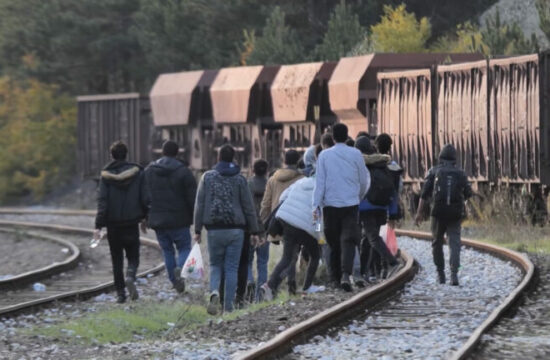
During the UN Security Council video conference on the situation in Bosnia on Thursday, Russia's Permanent Representative, Vasily Nebenzya, called for a revision of the conditions and criteria for closing the office of Bosnia’s international administrator and accused the official, Austrian diplomat Valentin Inzko, of trying to shift all responsibility for the failure of the process of interethnic reconciliation in the country “exclusively to Serbs and Croats.”
High Representative Inzko, who is tasked with overseeing the civilian implementation of the 1995 Dayton Peace Agreement which ended the Bosnian war, presented his 58th report on the situation in the country to the UN Security Council on Thursday.
Nebenzya said that, in the report, Inzko expressed his “subjective” image of Bosnia, which he argued is far removed from reality.
“The High Representative's persistent desire to shift all responsibility for the failed process of interethnic reconciliation to Serbs and Croats in Bosnia and Herzegovina is obvious. They are baselessly called Dayton (Peace Agreement) ‘destroyers’. The High Representative wants to scare the international community with the possibility of a dissolution of Bosnia and Herzegovina while completely ignoring the real situation in the country,” he said.
Nebenzya noted that this year marks 25 years since the Dayton Peace Agreement was signed and that Russia is one of the guarantors of that agreement. He stressed that his country respects the basic principles of sovereignty and territorial integrity of Bosnia and Herzegovina.
Russia sees the situation in Bosnia as completely stable and believes that it does not represent a threat to international and regional stability, he said, according to the Russian ‘Gazeta’.
“At the same time, interethnic relations are showing negative dynamics,” he said, adding that there is an obvious decline in the level of understanding and quality of internal dialogue.
According to Nebenzya, this is primarily due to “the intensified aspirations of certain Bosniak officials to rewrite the Dayton Agreement in favour of the centralization and unitarization of Bosnia and Herzegovina.”
He said that some “international factors” support these aspirations and that “no political views from the outside can be considered a basis for destroying the system of the balance of ethnic interests in Bosnia and Herzegovina, formed by the peace agreement.”
He noted that any change of the current system in the country would only be possible as a result of “an equal agreement between the three peoples and the two entities without any influence of an external factor.”
Russia will continue to push for the implementation of the Dayton Agreement and strengthen its constructive cooperation with all the peoples in Bosnia, he said.






